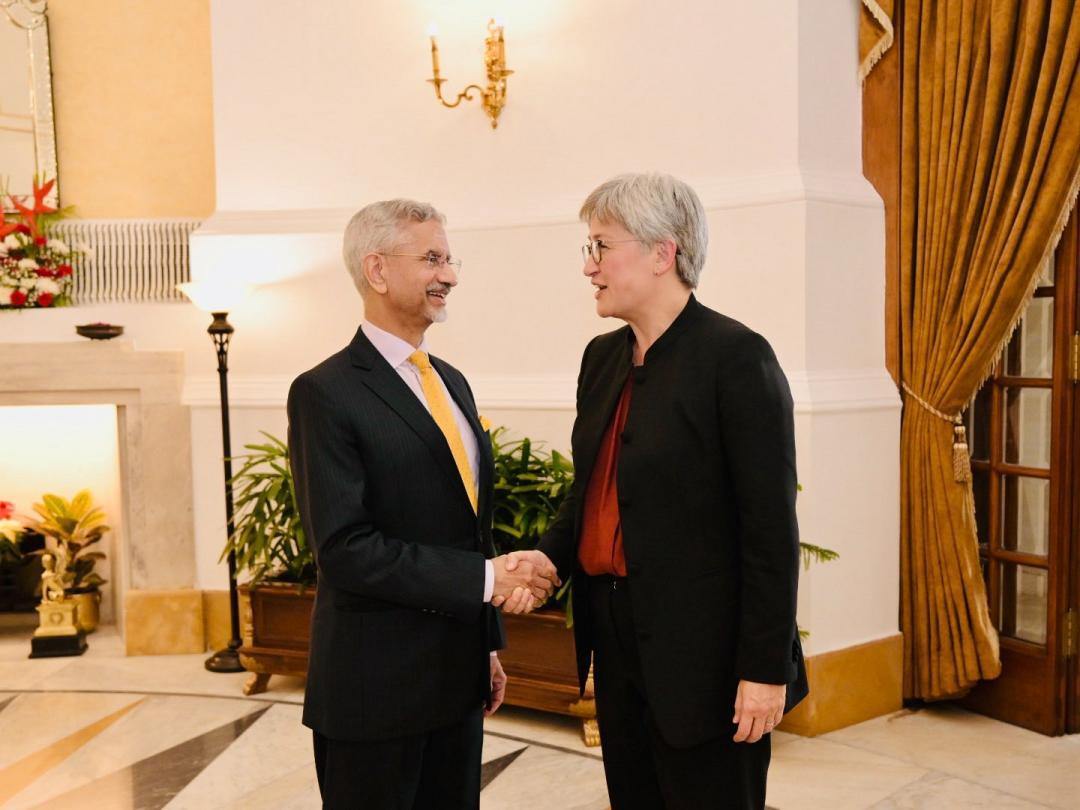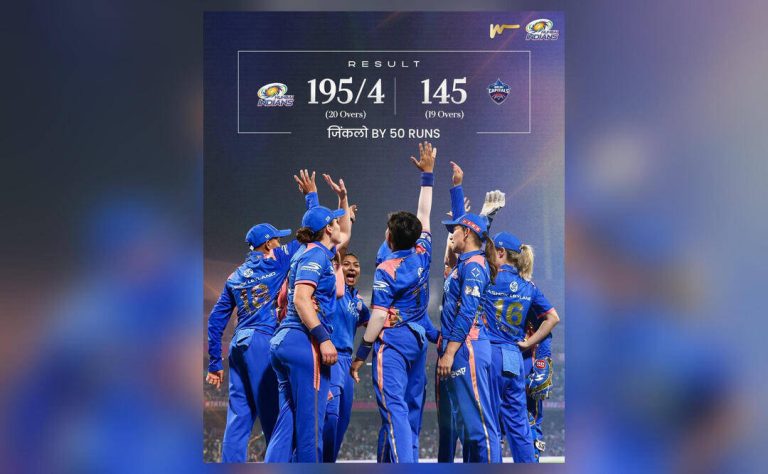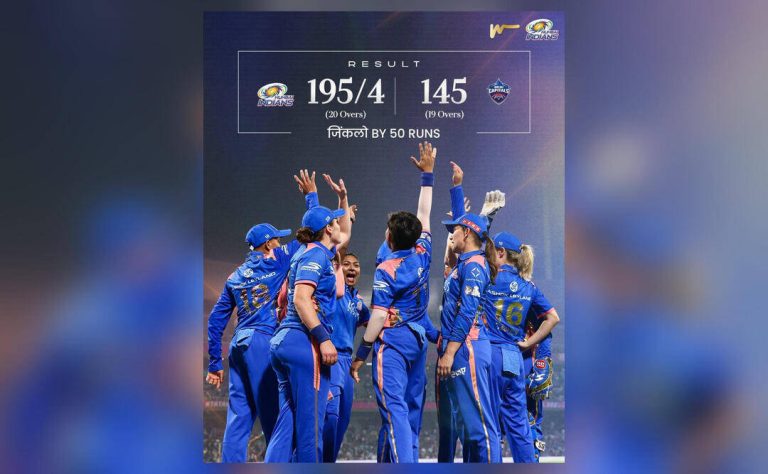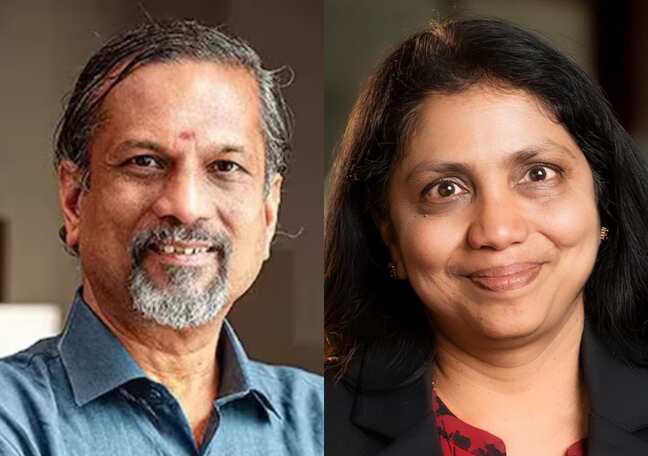
You’ve beaten us in both Men’s & Women’s Cricket,’ Australia leader jokes with Jaishankar
In a lighthearted moment during a meeting between two of the most prominent foreign ministers in the world, Australia’s Foreign Minister Penny Wong met with India’s External Affairs Minister S Jaishankar and couldn’t help but acknowledge India’s recent dominance in cricket. “You’ve beaten us in both Men’s and Women’s Cricket,” Wong joked, highlighting the intense rivalry between the two countries in the sport.
This meeting is significant not only because of the friendly banter but also because it marks one of the many interactions between Wong and Jaishankar. According to Wong, Jaishankar is the minister she has met most in her current role, underscoring the strong diplomatic ties between Australia and India. The frequency of their meetings reflects the growing importance of the Australia-India relationship, which has been strengthening over the years, particularly in areas such as trade, defense, and culture.
The context of Wong’s joke is particularly interesting, given the recent outcomes in international cricket. The Indian women’s cricket team made history by defeating Australia in the semifinal of the 2025 Women’s World Cup in October. This victory was a significant milestone for Indian women’s cricket, demonstrating the team’s skill, determination, and growing competitiveness on the global stage.
Similarly, the Indian men’s team has been performing exceptionally well, winning the T20I series against Australia in November. This series win was a testament to the team’s strength and strategy, showcasing why India is considered one of the powerhouses in international cricket.
Wong’s comment, therefore, was not just a casual remark but an acknowledgment of India’s prowess in cricket, a sport that is deeply ingrained in the cultures of both Australia and India. Cricket has long been a common ground for friendly rivalry and mutual respect between the two nations, often serving as a backdrop for diplomatic engagements and people-to-people connections.
The meeting between Wong and Jaishankar, set against the backdrop of these cricketing victories, highlights the multifaceted nature of the Australia-India relationship. Beyond the sports field, the two countries have been exploring deeper cooperation in various sectors, including education, renewable energy, and cybersecurity, among others.
For India, the relationship with Australia is part of its broader strategy to strengthen ties with like-minded democracies in the Indo-Pacific region. This approach is aimed at promoting stability, security, and economic growth in the region, with a focus on rule-based order and respect for sovereignty.
For Australia, the partnership with India is crucial for its own strategic and economic interests. Australia sees India as a key player in the Indo-Pacific, with whom it can collaborate on issues ranging from maritime security to counter-terrorism and from trade facilitation to climate change.
In this context, the joke about cricket serves as a reminder of the personal touch and camaraderie that exists between high-level officials from the two countries. It humanizes diplomacy, showing that even in the midst of complex geopolitical discussions, there is room for humor and mutual appreciation.
As the Australia-India relationship continues to evolve, moments like these will play a significant role in fostering a sense of friendship and cooperation. They remind us that, beyond the formalities of diplomatic engagements, there are personal connections and shared interests that can help navigate the complexities of international relations.
In conclusion, the lighthearted exchange between Penny Wong and S Jaishankar, sparked by India’s recent cricketing victories, is a small yet significant moment in the broader narrative of the Australia-India relationship. It symbolizes the warmth, respect, and competitive spirit that define the ties between the two nations, both on and off the cricket field.





